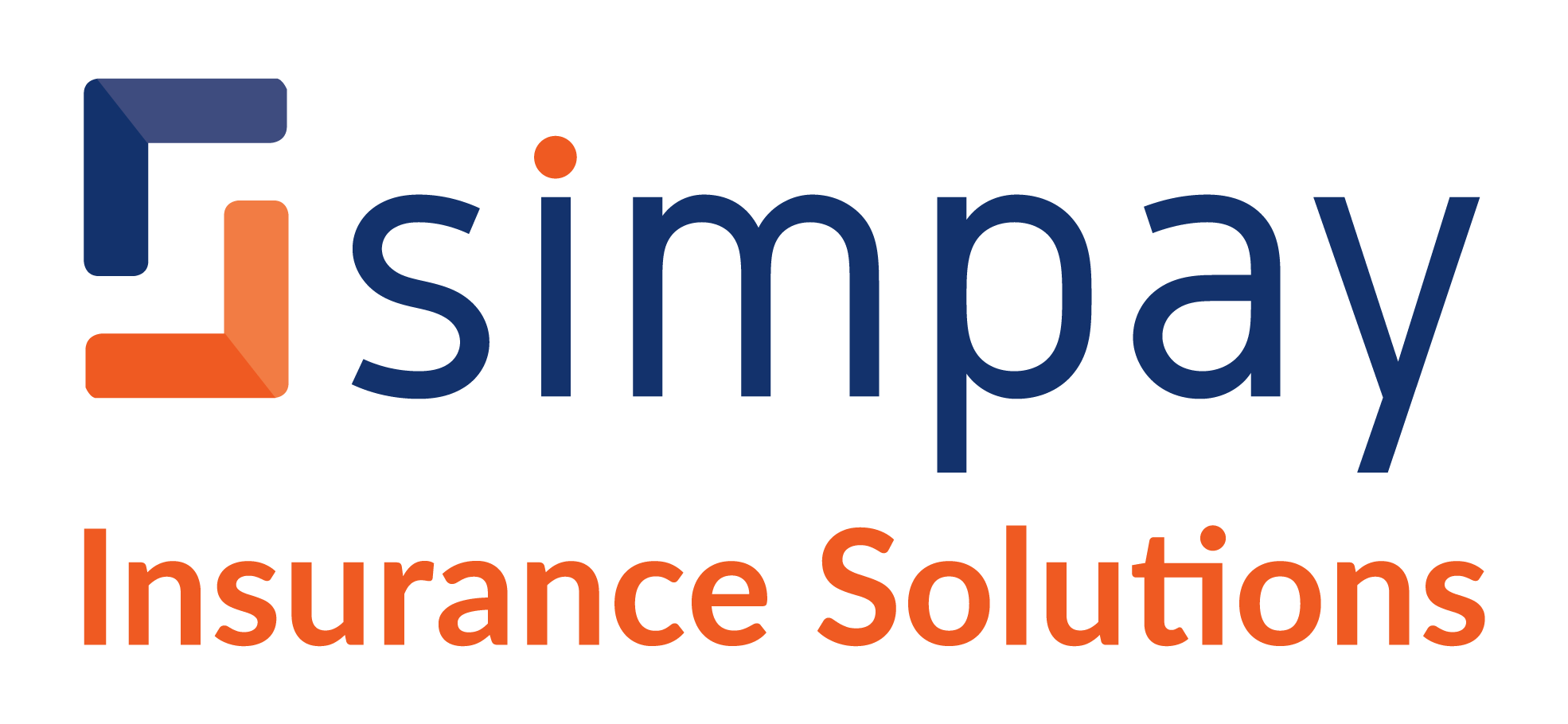According to 2021 data, approximately 60% of adults in the United States consume alcoholic beverages. While the vast majority do so responsibly, a small percentage make poor decisions after imbibing.
These poor decisions may include getting behind the wheel of a vehicle, engaging in a physical altercation, or committing an act that harms others or damages property.
Although these individuals made these poor decisions independently, the businesses that provided them with alcohol can incur significant civil liability. In light of that reality, you must protect yourself from liability if you operate a bar, liquor store, or another establishment selling alcoholic beverages.
The best way to do so is by obtaining liquor liability insurance coverage.
What Is Liquor Liability Insurance?
Liquor liability insurance is a specific type of business insurance coverage. It is designed to protect companies that sell packaged alcohol, serve alcoholic beverages for consumption on premises, or manufacture alcoholic products.
In the event of an alcohol-related incident, the policy covers medical costs, settlements, and legal fees linked to property damage or injuries caused by the intoxicated individual. A few examples of businesses that need liquor liability insurance coverage include:
- Bars
- Restaurants
- Grocery stores
- Wineries
- Convenience stores
- Liquor stores
- Breweries
- Distilleries
No matter the size of the business, it could face severe liability should one of its patrons commit a negligent or intentional act while under the influence of alcohol that the company provided.
Simpay is an excellent resource for obtaining a competitive all-inclusive policy from a reputable provider. Simpay Insurance Solutions can provide you with a simple solution tailored to your business.
What Incidents Does Liquor Liability Insurance Cover?
The most notorious alcohol-related offense covered by liquor liability coverage is driving under the influence (DUI). According to recent data, more than 10,000 people in the U.S. are killed by drunk drivers every year.
Many states have clear dram shop liability laws designed to hold establishments accountable if they over-serve patrons who are obviously too intoxicated to drive. However, dram shop laws primarily apply to bars and restaurants, not businesses like liquor stores that sell alcohol for off-premises consumption.
However, DUI is not the only offense linked to alcohol use or businesses that sell alcoholic beverages. For example, in approximately 15% of robberies, suspects are under the influence of alcohol. Other crimes that could cause alcohol vendors to incur liability include aggravated assault, sexual assault, domestic violence, and even child abuse.
While businesses are most likely to face a lawsuit for DUI-related damages and injuries, they could also be sued for the other crimes mentioned above. Fortunately, liquor liability insurance can also cover legal expenses, damages, and other penalties related to these offenses.
How to Obtain The Right Coverage
Your business can obtain coverage in one of two simple ways. The first approach involves adding it to your existing general liability commercial insurance. Upgrading your general liability commercial insurance is the easiest solution, as you can manage both your general and liquor liability coverage via a single policy.
Alternatively, you can obtain liquor liability insurance as a form of standalone coverage. This approach is a good option if your general liability commercial insurance provider does not offer liquor liability coverage.
Liquor liability insurance will provide your small or large business the protection you need if you’re sued. Working with a trusted insurer, like Simpay Insurance Solutions, can prevent your business from significant loss due to legal costs or judgments that basic general liability insurance policies don’t always cover.



